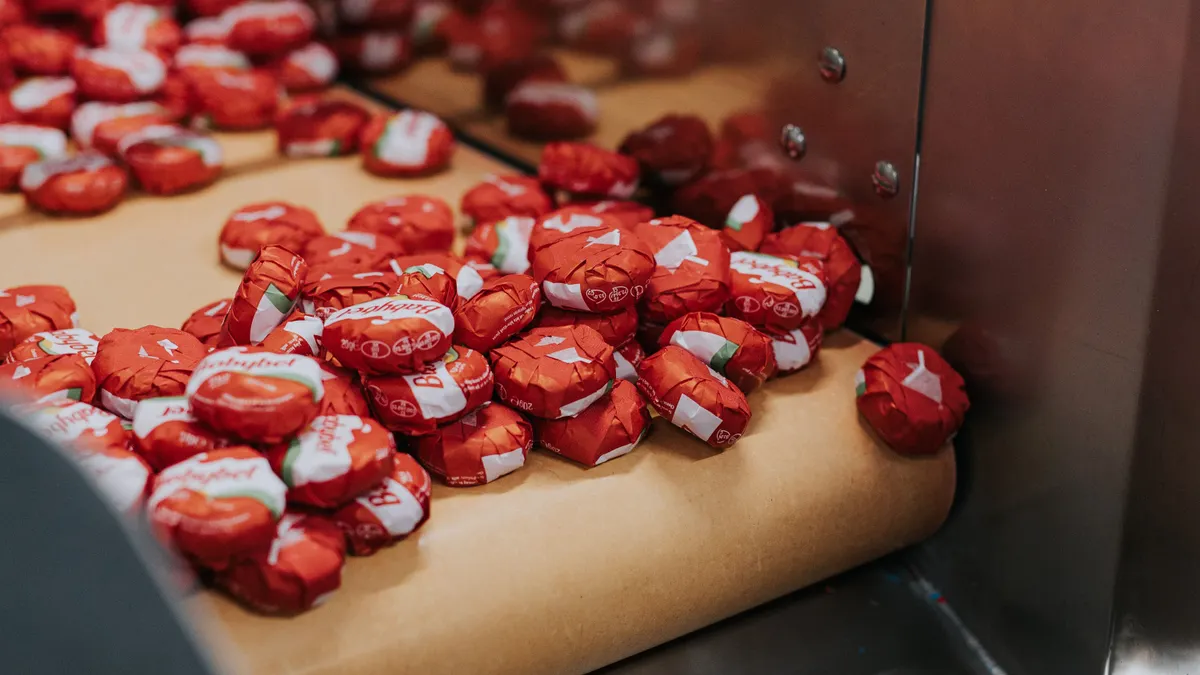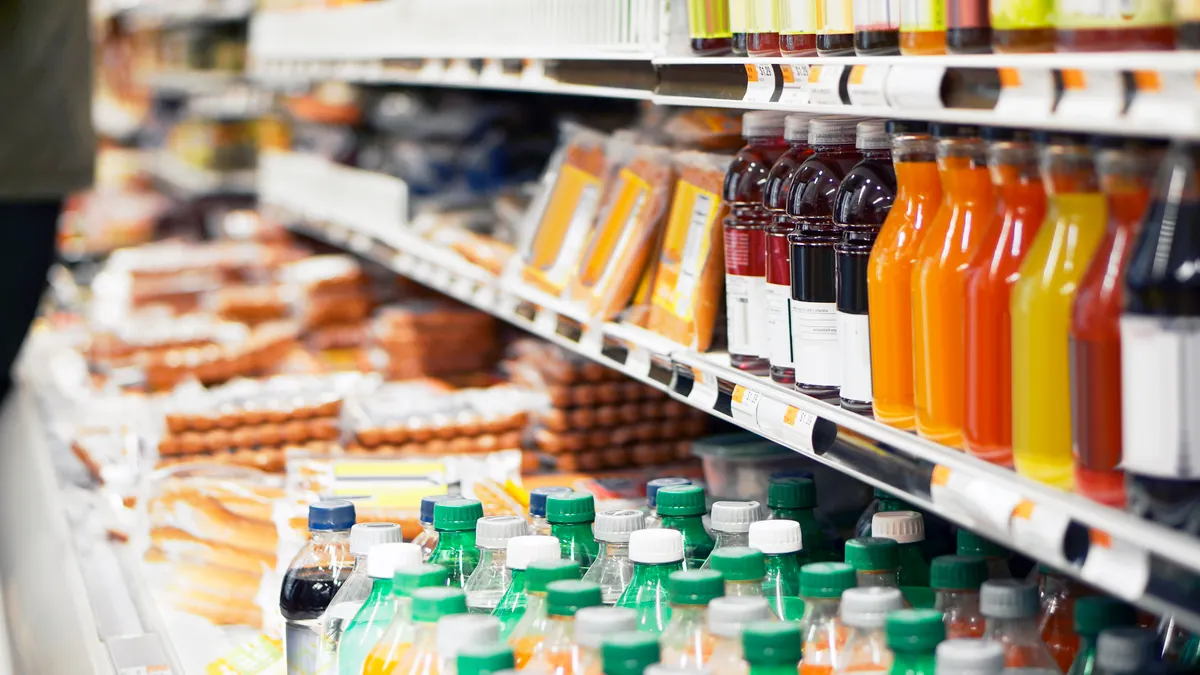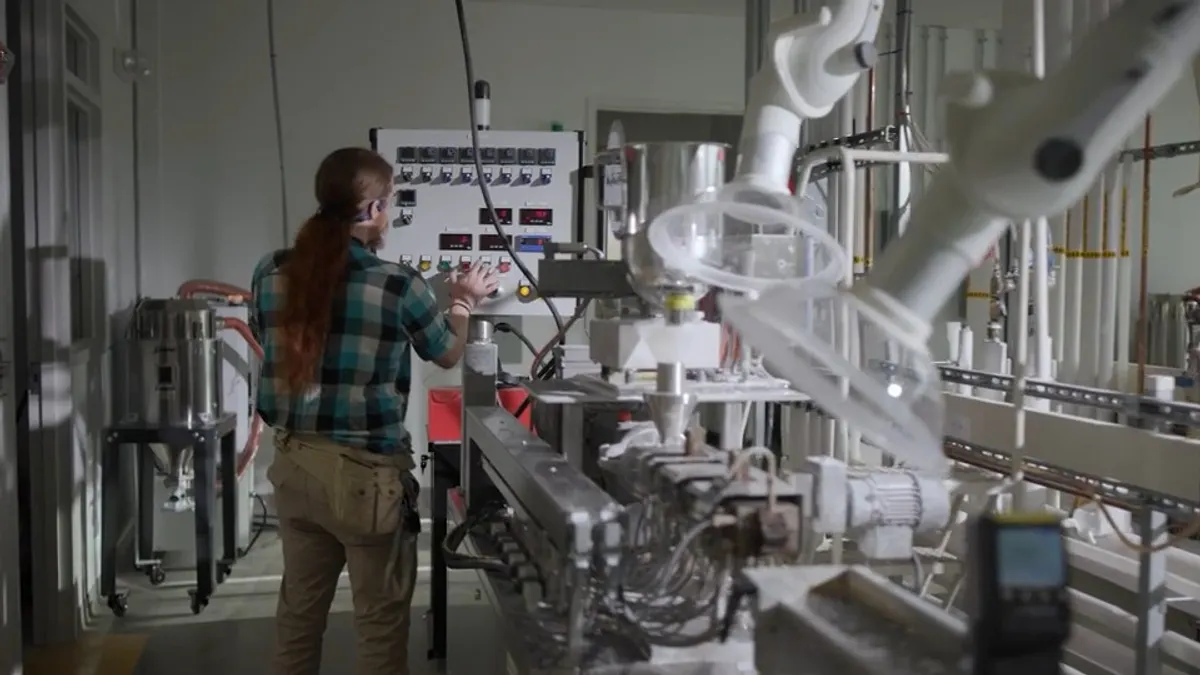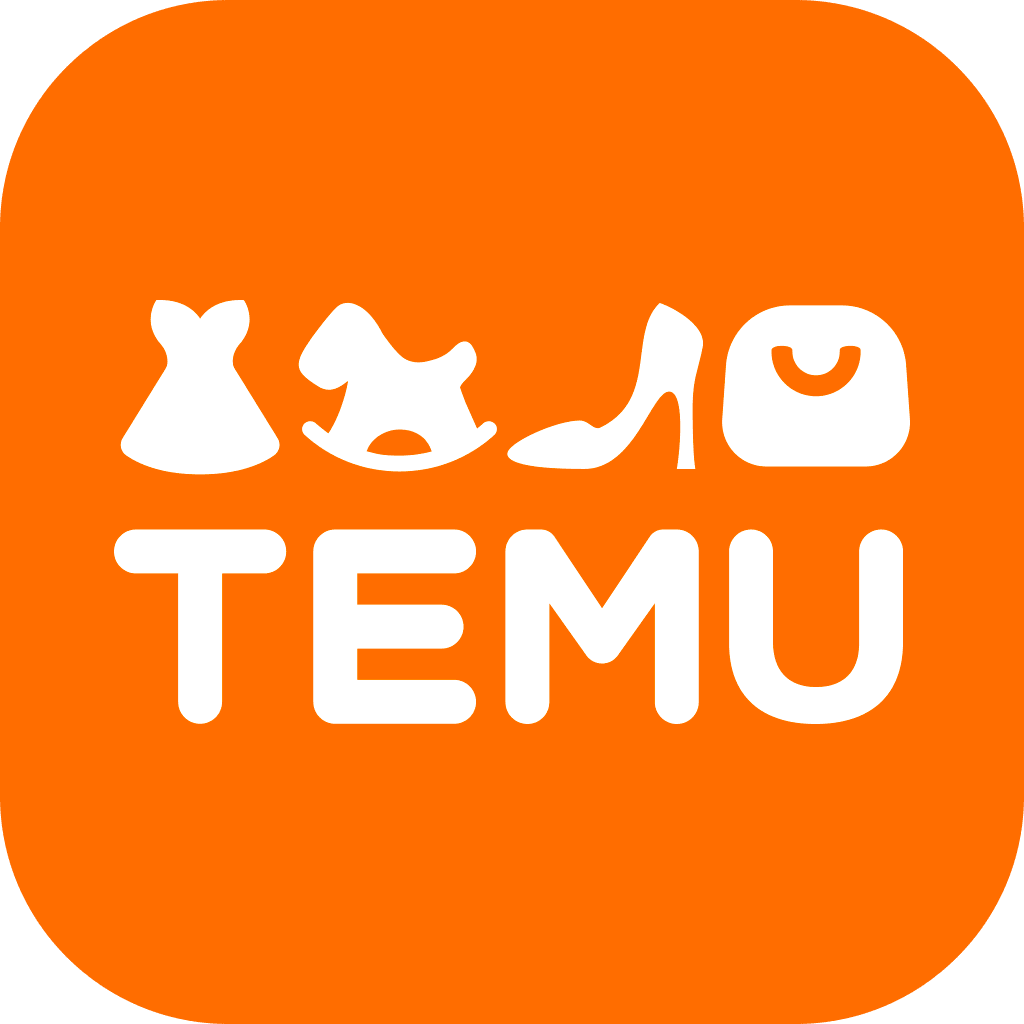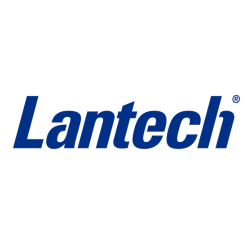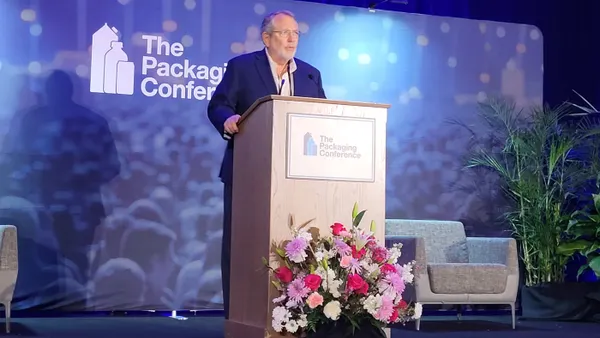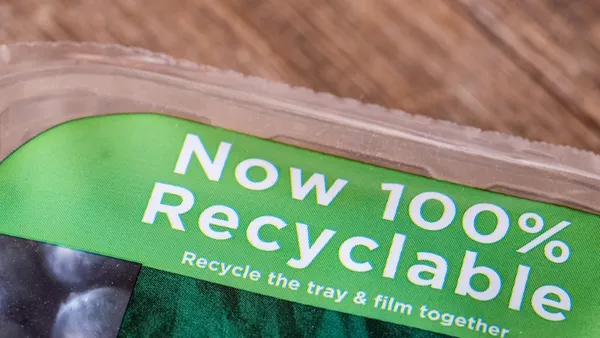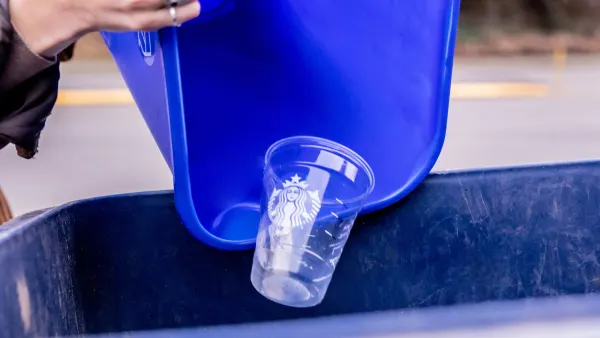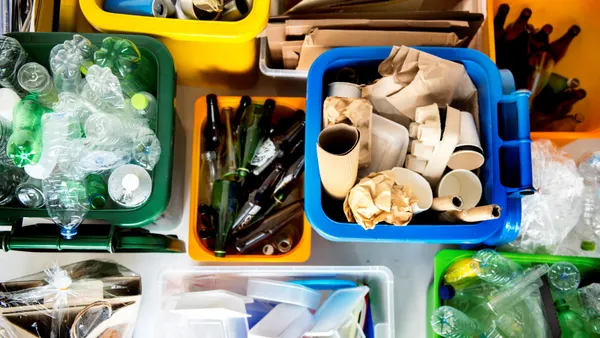Dive Brief:
- Snack producer Bel Group is replacing the biobased plastic film it introduced in 2020 with paper for the overwraps on its Babybel brand of individual wax-covered cheeses. The France-based company is transitioning the Babybel production lines at its five global plants, including in the United States.
- Bel has worked on this transition for five years as part of its broader sustainability efforts, namely to produce a more recyclable pack, reduce plastic use and lower carbon dioxide emissions. The transition to fiber is projected to save 850 tons of plastic and 2,500 tons of CO2 annually, said Delphine Chatelin, vice president of research, innovation and development.
- The company has begun rolling out the paper overwraps commercially in the United Kingdom, and it expects to complete the rollout in the United States, Canada and Northern Europe next year. All 50 global markets where Babybel is sold should get the paper packaging by 2027.
Dive Insight:
To execute this packaging substrate switch, Bel navigated the various complexities and long timeline that come with altering operations at five factories that produce tens of millions of mini cheese units daily.
The first step was to “select the right paper, then be able really to industrialize that,” Chatelin said. Bel tested papers from different suppliers to determine which would have the desired properties, such as barriers against oxygen and humidity. They also assessed the aesthetics and feel of the paper for the consumer experience, playing around with features like glossiness.
The company invested millions to enable each of its production lines to handle a paper substrate instead of plastic. At times it is possible to adjust the cutting tools or run speed, but in other cases equipment upgrades are necessary.
“The speed, for us, is important. Because we wrap around 14 mini Babybels per second,” Chatelin said. At one of the two Babybel factories in France, for example, about 5 million of the products are produced daily, so it’s challenging to maintain speeds while altering packaging and operations.
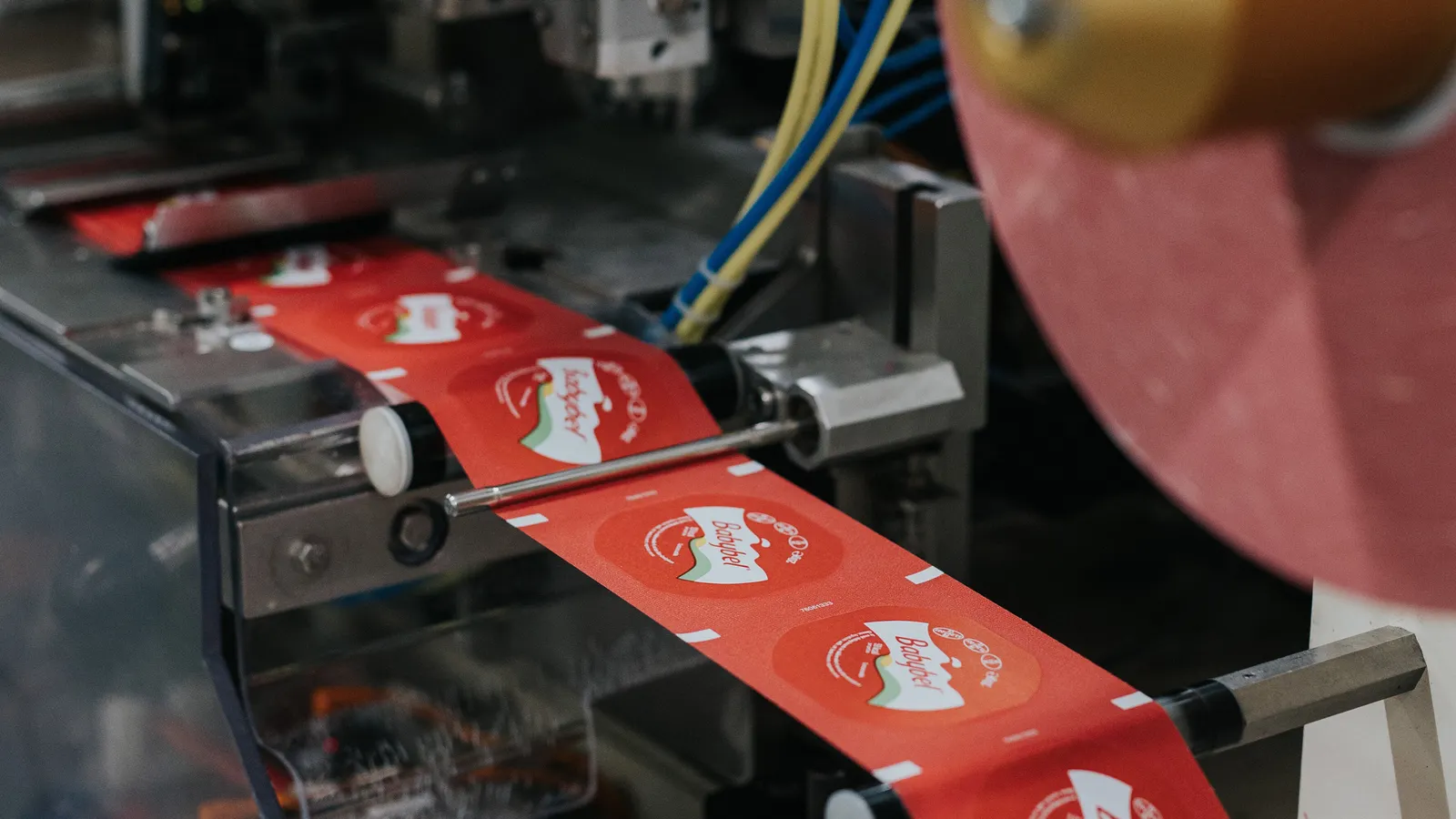
After lab validation, Bel made adjustments based on initial consumer testing and started production at one factory in the U.S. and one in France to manufacture quantities for larger-scale, real-life testing in all countries where Babybel is sold.
“Consumers perceived the big step into sustainability with the [recyclable] material,” Chatelin said, explaining that consumers also get value from the new paper packaging being easier to open than the plastic film.
In addition, consumers — especially those in the U.S. — reported enjoyment with unwrapping the paper packaging, akin to an unboxing experience, she said. “They have the same kind of emotion as when they unwrap a gift at Christmas.”
“It's what we saw as well in the previous test that we had done before putting it in market,” Chatelin said. “So it's kind of a win-win transformation for the consumer and for the planet.”
The signature red wax underneath the paper that directly surrounds the cheese is not going anywhere. That’s actually part of the product itself, Chatelin explained, as it aids ripening throughout the cheese’s life.
Although the wax provides some product protection, such as an oxygen and humidity barrier, it’s fragile and needs its own protective packaging. Neither the wax nor the netting that surrounds multipacks of Babybel cheese fully protect the entire product like the outer wrap does.
For snack products like Babybel that are often tossed into a purse or backpack for later consumption, “that protection is super critical,” Chatelin said. “We need that protection to make sure the product is going to arrive, either in the fridge of the consumer or taken on the go, delivering the perfect quality and experience.”
As part of its sustainability work, Bel is also testing paper packaging for direct food contact. The material being tested for Kiri spreadable cheese, for example, has a coating compatible with paper recycling streams, Chatelin said.
Bel also aims to reduce the overall volume of packaging it puts into the market. To that end, it’s testing bulk products in stores as an alternative to single-use packaging. The company is examining how consumers respond to reuse systems in which they bring their own containers, or purchase a reusable container from the store, to fill with certain foods like Laughing Cow spreadable cheese or GoGo squeeZ fruit blends.
“That kind of project, it's one step. We have further steps coming,” Chatelin said. “It's a long journey, because [these solutions are] not existing at all today.”
Editor's note: This story has been updated with clarifications from Babybel about its production output and packaging recyclability.


